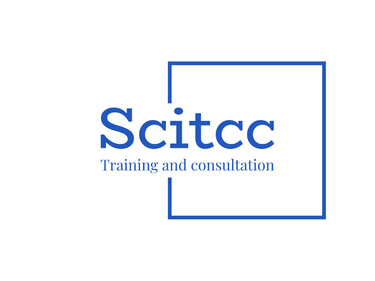
Work Ethics in The Field of Public Relations and Protocol
Work Ethics in The Field of Public Relations and Protocol
$3500.00
Day One: Introduction to Public Relations and Work Ethics
Definition of public relations: Basic concepts and importance in institutions.
Concepts of work ethics: Understanding ethical principles in public relations.
The importance of ethics in public relations: How ethics affect public image.
The difference between public relations, marketing, and advertising: Clarifying the role of public relations in enhancing corporate values.
Day Two: The Basic Principles of Work Ethics in Public Relations
Transparency and credibility: The importance of providing accurate and correct information.
Mutual respect: Dealing with customers and the public with integrity and respect.
Confidentiality and data protection: How to maintain privacy and confidentiality in transactions.
Social responsibility: The role of public relations in promoting societal values.
Day Three: Protocol and Ethics of Conducting Events
Definition of protocol in public relations: Its importance in official events.
Protocol rules for events: Introducing guests, seating arrangements, and timing of activities.
Dealing with VIPs: How to Handle Influential Personalities.
Etiquette of communication: Formal and informal communication in the institutional environment.
Day Four: Ethical Challenges in Public Relations
Common ethical issues: Media misinformation, manipulation of public opinion.
Dealing with crises: How to act cautiously and ethically in difficult situations.
Commitment to professional standards: Maintaining ethical standards in institutions.
Day five: Practical training and application of ethics in live situations
Simulating real-life situations: Training on how to apply ethical principles in practical life.
Case studies: Analyzing real situations from companies and addressing them with business ethics.
Feedback and discussion: Discussing proposed solutions and how to improve ethical performance in public relations.
Teaching method:
Interactive lectures: Explanation of concepts and theoretical tools.
Workshops: Applying principles in small groups to discuss practical solutions.
Case studies: Analyzing live studies and real-life examples.
Group discussions: Encouraging critical thinking and discussion about ethical challenges.
Target audience:
Public relations specialists.
Corporate communication managers.
Employees in fields that require dealing with the public.
All those interested in developing their skills in this field.


